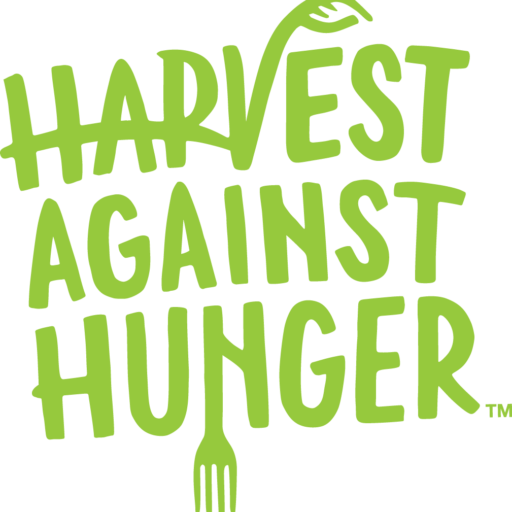How Can We Help?
Since Food for Others is located in a highly urbanized/ suburbanized area, most commercial farms are at least a two-hour drive away. However, just 40 minutes away are a number of “pick-your-own” orchards, marketed to city folks who wish to spend a quiet day picking their own fruits and vegetables. Most of the owners of these businesses are stretched for time and resources, and most of the staff are customer service professionals that are not tasked with harvesting or cleanup of the orchard. Therefore, gleaners benefit the orchard by cleaning up after wind storms or customers that may have knocked down branches or fruits while they were picking.
Usually, groups of 15 to 40 people tend to fare best on a gleaning trip. Any less will make the work harder and longer, with smaller yields. A group larger than 40 is historically tougher to manage (40 still requires a coordinator and a volunteer leader). The glean also has the potential to go by very quickly, which might discourage volunteers that drove an hour or more to get there and expected it to be a full day of work. The amount of produce a farmer will allow volunteers to pick must also be taken into consideration. “U-Pick” owners in general, like any other farmers, want to make a profit. They do not want more than one truckload of produce to be taken at a time.
The conduct of volunteers can make or break the relationship with the farmers. It’s important to have volunteers sign a waiver that acts both as a liability measure and a page of rules that they must read. In general, the volunteers must treat the orchard with respect and realize that the farmer is allowing the gleaners to be there. No eating, throwing, or damaging fruit will be tolerated. Volunteers are able to bring their kids to a glean, but they must keep a close eye on them and their behavior is their responsibility. If a farmer has made it clear that one can only take apples from a certain section of the orchard, all volunteers must respect that. The AmeriCorp member has also prohibited smoking on any gleaning trip, regardless of if that is an established rule on the property or not.
Food for Others has been closely working with both Stribling Orchard, of Markham, VA, and Hollin Farms, of Delaplane, VA. Stribling prefers for gleaners to come during the week so as to not interfere with customer traffic, whereas Hollin Farms wants their gleaners on Sunday afternoons, just before the orchard closes. Stribling requires a $50 truck fee, whereas Hollin prefers to donate the apples and benefit from the Virginia farm donation tax credit. It’s important to work with each farmer’s needs and to remember that no two “U-Pick” orchards are alike. Speaking with the farmer about their needs and periodically checking in with them are two ways to cement a great relationship with them.
Above all, it’s important to make sure the arrangement between a “pick-your-own” orchard and a food bank is a mutually beneficial one. For some farmers, the benefit of doing a good deed is enough, but for most, incentives are important. Explain to the farmer that the volunteers will be helping to clean up the farm, and offer to advertise their business to the organization’s network. A simple three-sentence highlight in the AmeriCorps member agency’s newsletter on volunteering events could drum up business for the orchard.


